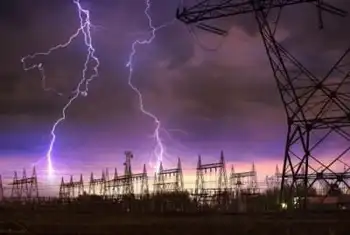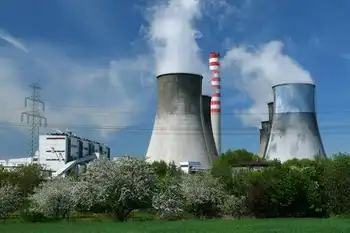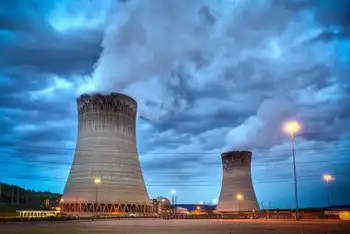First Saudi womenÂ’s university to get ABB substations
ABB will deliver three gas-insulated switchgear (GIS) substations. The use of GIS technology will greatly reduce the size of the substations, enabling Saudi ArabiaÂ’s national power transmission and distribution utility to locate them at the site of the new university in the countryÂ’s capital, Riyadh.
“The substations will ensure that this prestigious educational establishment has access to a reliable, efficient and high-quality supply of electricity,” said Peter Leupp, head of ABB’s Power Systems division. “Their compact design and high reliability are ideally suited for such applications.”
ABB will design, supply, install and commission one 380/132 kilovolt (kV) substation and two 132/13.8 kV substations. The project is scheduled for completion by 2011, and includes delivery of products such as gas-insulated switchgear, transformers, medium-voltage switchgear and auxiliary systems.
The university is a $5 billion project that aims to enroll as many as 40,000 students. The campus will have several energy-saving and environmentally friendly features, such as 40,000 square meters of solar paneling that is expected to provide about 18 percent of the power required for air-conditioning.
Substations are key installations in the power grid that transform voltage levels and distribute electricity. They facilitate efficient transmission and distribution, and include equipment that protects and controls electrical power. ABB is the worldÂ’s leading supplier of air- and gas-insulated substations, with more than 10,000 installations worldwide across a range of voltage levels up to 800 kV.
Related News

Sub-Saharan Africa has a huge electricity problem - but with challenge comes opportunity
PORTO NOVO - Sub-Saharan Africa has an electricity problem. While the world as a whole has made great strides when it comes to providing access to electricity (the world average is now 90 per cent with access, up from 83 per cent in 2010), southern and western African states still lag far behind.
According to Tracking SDG7: The Energy Progress Report, produced by a consortium of organisations including the World Bank, the International Energy Agency and the World Health Organization, 759 million people were without electricity in 2019 and threequarters of them were based in sub-Saharan Africa. At just seven per…




